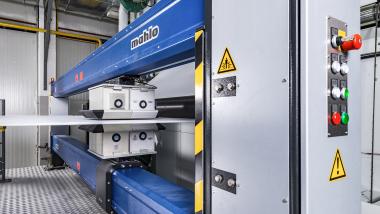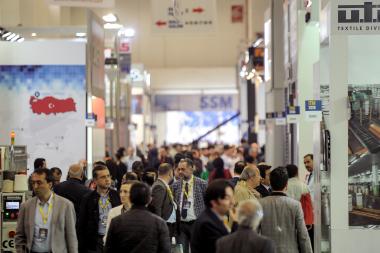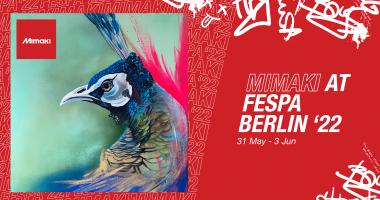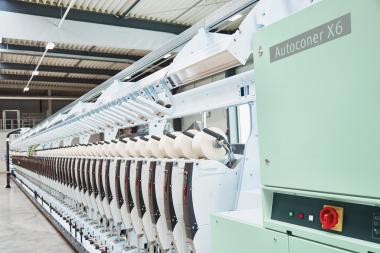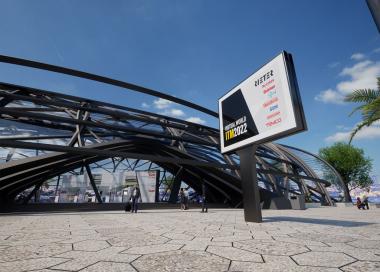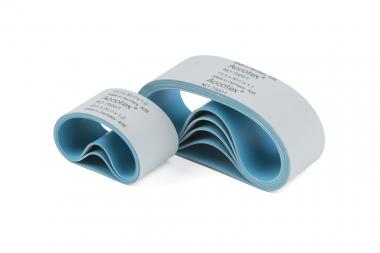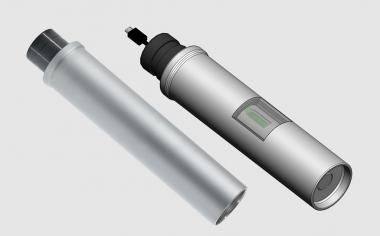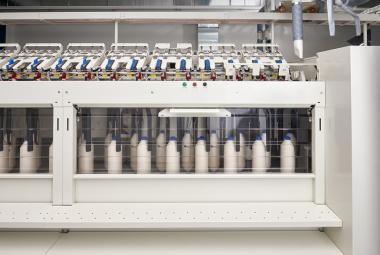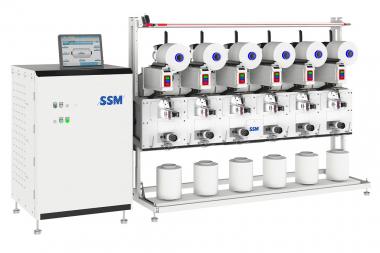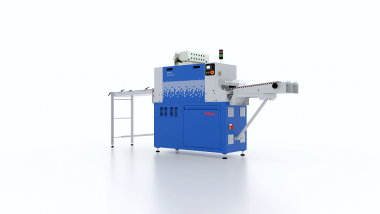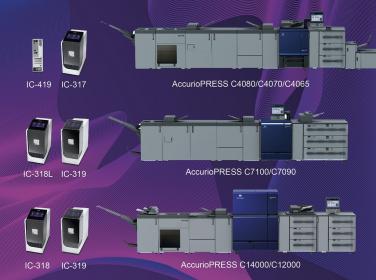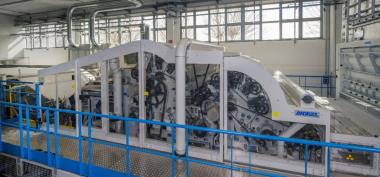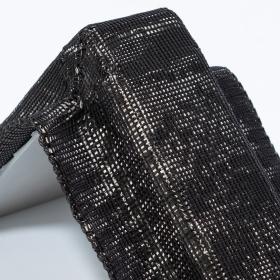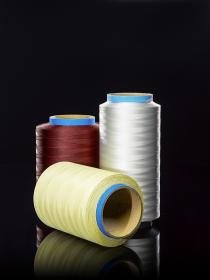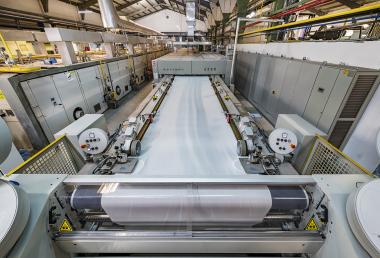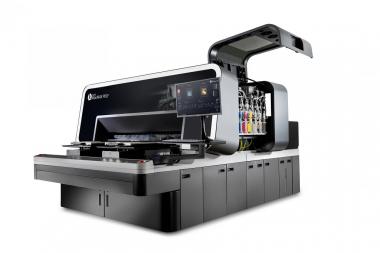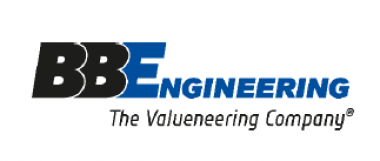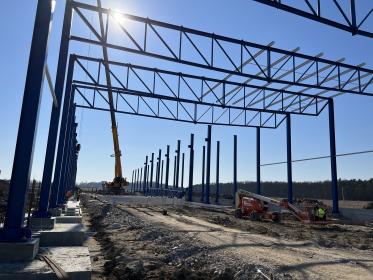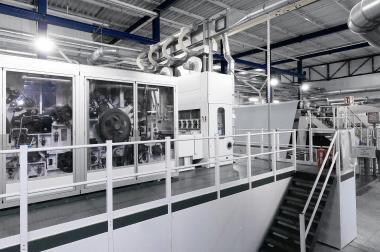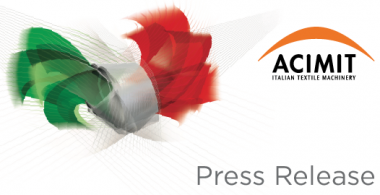Mahlo at Techtextil 2022
At Techtextil from 21-24 June in Frankfurt, Mahlo will be demonstrating how manufacturers of technical textiles can optimise their production even further using measuring and control technology.
Special straightening technology for technical textiles
Mahlo's range also includes solutions for straightening distorted goods. Best suited for technical textiles are, for example, the symbol of the straightening machine, the Orthopac RVMC-15 and the reinforced version Orthopac GRVMC-15. Frame, bearings, and rollers are designed for high loads and allow large working widths of up to 5,400 mm. As the latest development from Mahlo, the experts present the Orthopac CRVMC-15 automatic straightener, which is particularly interesting for the glass & carbon fabric industry and some special applications.
The Mahlo team will present the wide portfolio of intelligent scanners and sensors that record product and process parameters, such as distortion, fabric temperature, dwell time, basis weight, coating weight, thickness, moisture content, residual moisture, exhaust moisture, air permeability, etc. online. Among other things, visitors can expect to see the Famacont PMC-15 weft density measurement system in live operation. The system measures the weft or course density on the running web and compares it with the target value stored in the recipe data management system. The detected deviation from the target value is used to fully automatically control the overfeed during the needling process at the stenter frame and to ensure a constant weft/course density over the full width of the product.
Mahlo GmbH + Co. KG


